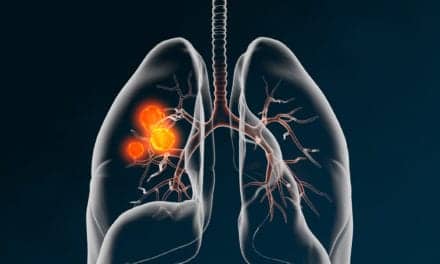Summary: Delve Bio’s seven-year study demonstrates that metagenomic next-generation sequencing (mNGS) identifies more pathogens from cerebrospinal fluid samples than all conventional diagnostic methods combined, transforming infectious disease diagnostics.
Takeaways:
- Unparalleled Diagnostic Yield: mNGS testing detected 430+ pathogens across 4,800 cerebrospinal fluid samples, outperforming culture, PCR, antigen testing, and multiplex panels in pathogen identification.
- Critical Findings for Neurological Infections: A subanalysis revealed that 72% of pathogens detected by mNGS in meningitis/encephalitis cases would have been missed by traditional multiplex panels.
- Efficient and Comprehensive Testing: Delve Bio’s mNGS service provides results within 48 hours, enabling clinicians to detect all potential pathogens with a single test and avoid delays from serial targeted testing.
Delve Bio, a provider in metagenomic next-generation sequencing (mNGS) for infectious diseases, announced data from a seven-year study showing mNGS delivered the highest diagnostic yield of any test, identifying more pathogens than all other methods of direct organism detection (culture, antigen testing, PCR) combined.
The findings were presented at the Association for Molecular Pathology 2024 Annual Meeting in Vancouver, B.C.
Harnassing mNGS Tests to Detect Pathogens
The study is the largest of its kind, including more than 4,800 patients who received mNGS testing on cerebrospinal fluid samples along with conventional microbiological testing. A wide array of DNA viruses, RNA viruses, bacteria, fungi and parasites were among the more than 430 different pathogens found through testing. In a subanalysis of 1,164 patients that did not receive multiplex panel testing prior to mNGS, the study found that 72% of pathogens detected through mNGS would have been missed by traditional panel testing for infectious meningitis and encephalitis.
“This study found nearly 3 in 4 pathogens detected by mNGS would have been missed by a widely used meningitis/encephalitis multiplex panel. Every additional test becomes a delay in the timely management and treatment for these life-threatening conditions,” says Steve Miller, MD, PhD, chief medical officer at Delve Bio. “By opting to use mNGS testing, clinicians can order one test on one sample and detect all potential pathogens that could be causing an infection, limiting the time and expense associated with serial targeted testing.”
Further Reading
Analyzing Cerebrospinal Fluid Samples
The study included 4,828 cerebrospinal fluid (CSF) samples that were tested using mNGS in addition to standard testing between 2016 and 2023. The study was designed to specifically compare mNGS to conventional testing for pathogens commonly associated with meningitis and encephalitis.
“These data highlight the breadth of potential pathogens behind meningitis and encephalitis. As we’ve seen in other areas of genetics, panel testing is limited compared to the biological diversity among patients in the clinic,” says Brad Murray, chief executive officer at Delve Bio. “Metagenomic testing should become part of routine diagnosis for patients with serious neurological infections. Our Delve Detect CSF testing service has been designed to increase access to this transformative technology by providing clinicians with a testing service that delivers results in 48 hours with the comprehensive clinical consultation and support needed to act on the results.”
Detailed findings from the study will be presented as part of Delve Bio’s scientific presence at the meeting.





